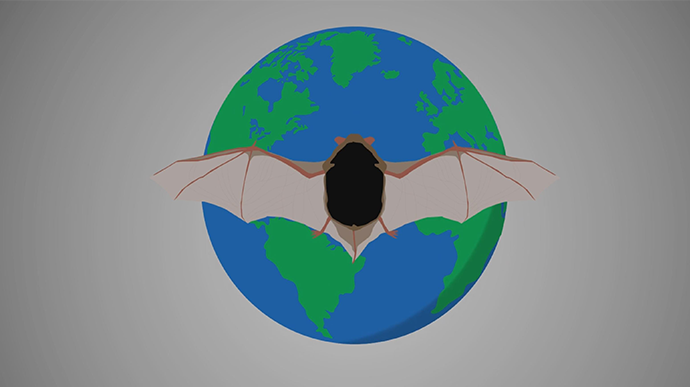 Video
Video
Researchers at the University of Pretoria are determining the threat posed to the ecosystem and that of human health as people expand their settlements closer to the natural habitats of bats. It is vital that bats are well protected. Ultimately, if bat populations decrease, humans will be affected.
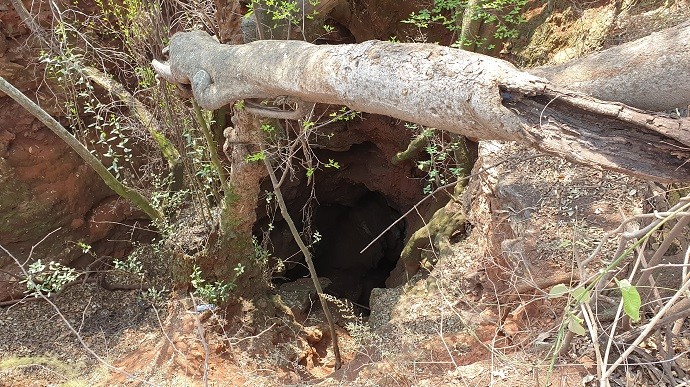 Gallery
Gallery
This gallery takes you on a field trip with scientists as they monitor bat health and species diversity. You can see what bats really look like up close and in full flight.
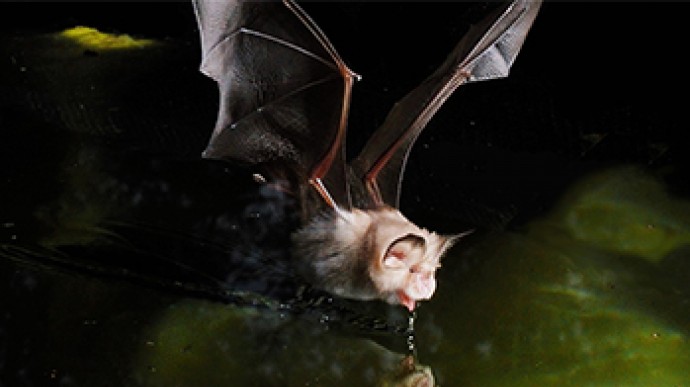 Story
Story
University of Pretoria researchers Dr Mariëtte Pretorius and Professor Wanda Markotter have published a study which shows that land around important bat-inhabited caves are changing and that natural habitats are being destroyed.
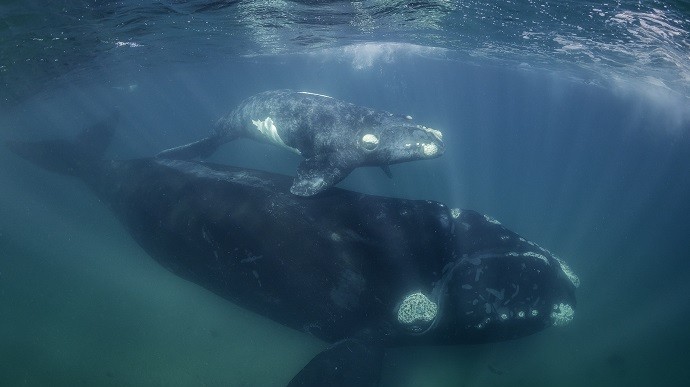 Story
Story
UP’s Mammal Research Institute Whale Unit and WWF South Africa are teaming up to support research on southern right whales in response to warming oceans and changes to ocean processes which are affecting the number of whales visiting SA's shores.
 Story
Story
When wild lions sneak up on a herd of cattle to grab an easy meal, the dice seem to be loaded more heavily against certain herd members, which are more likely than the others to be killed and eaten, according to a new study conducted by scientists from the University of Pretoria (UP).
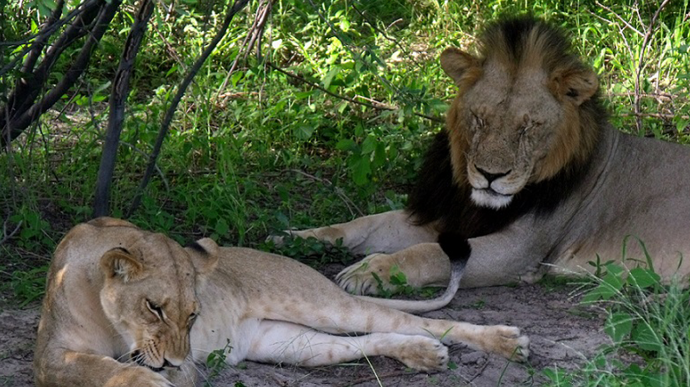 Gallery
Gallery
Lions show specific preferences for particular cattle types. They exploit cattle when available and repeatedly kill cattle in areas where they are left unguarded or unprotected, also targeting animals that are easiest to catch. Lion populations across Africa have dropped precipitously over the past century, putting them at risk of local extinction in some areas, especially when they move out of...
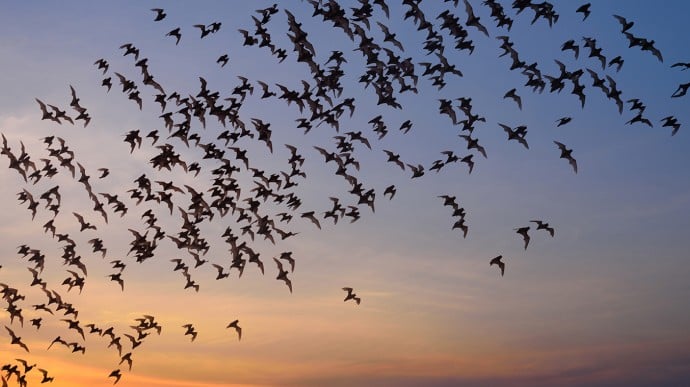 Talking Point
Talking Point
Caves are overlooked but essential parts of the natural world. Many animals use caves for shelter and for raising their young – bats among them. Caves are often home to multiple bat species. Bats may also use different caves for specific reasons; some travel to particular selected caves, known as maternity caves, just to have their pups. This means that large populations of bats rely on a...
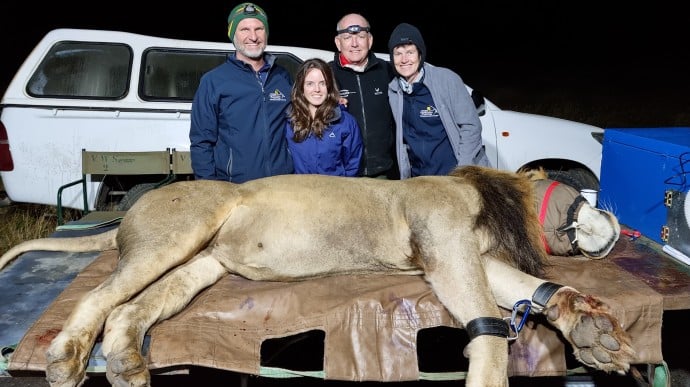 Gallery
Gallery
A team from UP’s Faculty of Veterinary Science, in collaboration with the Brain Function Research Group at Wits University and the SANParks Veterinary Wildlife Services team, conducted research in the Kruger National Park to find new combinations of drugs for immobilizing animals.
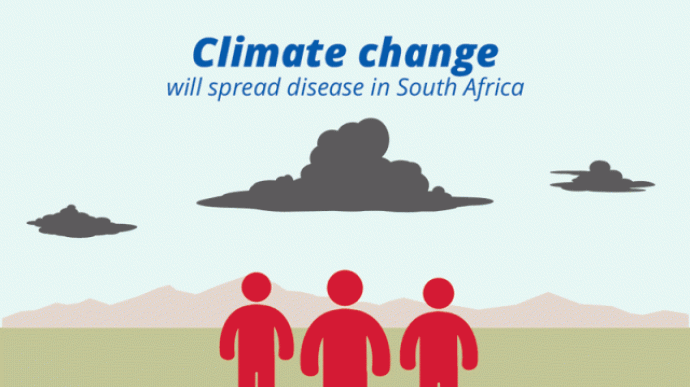 Story
Story
Climate change in South Africa has major health risks associated with it, such as new vector-borne diseases emerging from heavy rainfall, malnutrition from poor food security caused by drought, and respiratory diseases caused by dust storms and air pollution.
Copyright © University of Pretoria 2025. All rights reserved.
Get Social With Us
Download the UP Mobile App